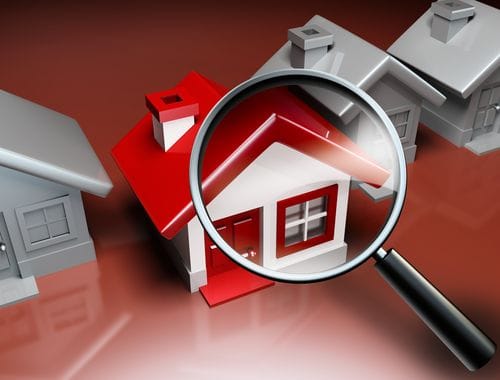How to Manage and Maintain Commercial Properties Effectively
How to Manage and Maintain Commercial Properties Effectively
Managing and maintaining commercial properties ensures long-term profitability and tenant satisfaction. Effective management not only preserves the property’s value but also enhances its appeal, leading to higher occupancy rates and rental income. Here are key strategies for managing and maintaining commercial properties effectively.

1. Regular Maintenance and Inspections
Regular maintenance is essential to keep your property in good condition and prevent costly repairs. Schedule routine inspections to identify and address issues such as plumbing leaks, electrical problems, HVAC system inefficiencies, and structural damage. This proactive approach helps you maintain a safe and functional environment for your tenants.
Key Actions:
- Create a maintenance schedule for routine checks.
- Hire qualified professionals for inspections and repairs.
- Keep detailed records of maintenance activities.
2. Efficient Property Management
Hiring a professional property management team can streamline operations and improve tenant relations. Property managers handle day-to-day tasks such as rent collection, tenant communication, lease administration, and emergency responses, allowing you to focus on strategic aspects of your investment.
Key Actions:
- Choose a reputable property management company.
- Clearly outline management responsibilities and expectations.
- Regularly review management performance and tenant feedback.
3. Tenant Relations and Retention
Maintaining positive relationships with tenants is key to reducing turnover and ensuring long-term occupancy. Address tenant concerns promptly, maintain open communication, and foster a sense of community within the property. Happy tenants are more likely to renew their leases and take better care of the property.
Key Actions:
- Respond to tenant inquiries and maintenance requests quickly.
- Organize community events and initiatives to build tenant rapport.
- Offer lease renewal incentives for long-term tenants.

4. Financial Management
Effective financial management involves tracking income and expenses, budgeting for maintenance and capital improvements, and ensuring timely rent collection. Use property management software to automate financial tasks, generate reports, and stay on top of your property’s financial health.
Key Actions:
- Implement property management software for financial tracking.
- Prepare and adhere to an annual budget.
- Conduct regular financial reviews to monitor performance.
5. Legal and Compliance Issues
Stay informed about local, state, and federal regulations that affect commercial properties. Ensure your property complies with health and safety codes, zoning laws, and accessibility standards. Regularly review lease agreements and property policies to protect your interests and avoid legal disputes.
Key Actions:
- Keep up-to-date with relevant laws and regulations.
- Conduct compliance audits and address any issues.
- Consult with legal professionals to review contracts and policies.
6. Sustainable Practices
Incorporating sustainable practices can reduce operating costs and enhance your property’s appeal. Invest in energy-efficient systems, implement waste reduction programs, and consider green building certifications. Sustainable properties attract environmentally conscious tenants and can command higher rental rates. Check out the importance of investing here
Key Actions:
- Upgrade to energy-efficient lighting, HVAC systems, and appliances.
- Implement recycling and waste management programs.
- Explore green building certifications and sustainability incentives.
Comments
Your comment has been submitted